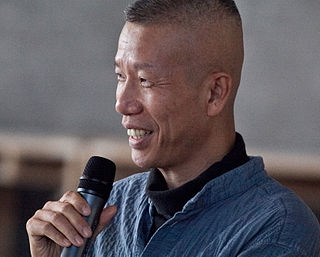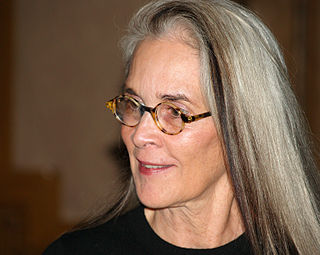A Quote by Edward M. Lerner
Too much detail can bog down any story. Enough with the history of gunpowder, the geology of Hawaii, the processes of whaling, and cactus and tumbleweed.
Related Quotes
Geology, perhaps more than any other department of natural philosophy, is a science of contemplation. It requires no experience or complicated apparatus, no minute processes upon the unknown processes of matter. It demands only an enquiring mind and senses alive to the facts almost everywhere presented in nature. And as it may be acquired without much difficulty, so it may be improved without much painful exertion.
As a general habit and general tendency, I prefer not to bog a piece down with a great number of transitory, contemporary references, because in the end, I'm concerned, not in an abstract way, but an actual way, with creating a world which has a universality to it - even though what goes on is made up of texture and detail, contemporary detail.
The writing process for a short story feels more like field geology, where you keep turning the thing over and over, noting its qualities in detail, hammering at it, putting it near flame, pouring different acids on it, and then finally you figure out what it is, or you just give up and mount it on a ring and have an awkward chunky piece of jewelry that seems weirdly dominating but that you for some reason like. I could be wrong about field geology here.
It is too often forgotten that when the Europeans gained enough maritime skills and gunpowder to conquer most of the world, they not only colonized the bulk of the world's people but they colonized the interpretation of history itself. Human history was rewritten to favor them at the expense of other people. The roots of modern racism can be traced to this conquest and colonization.
I was very lucky. I was just finishing my PhD at Cambridge in 1981. This opportunity came up because whaling was drawing to an end. There was the prospect of a moratorium, and one of the arguments that was brought up, especially by Japanese whalers, was that, if we didn't have whaling, we would know nothing of whales. All the science depends on having dead animals, they argued, so that's one of the benefits of the whaling industry.
And I find chopsticks frankly distressing. Am I alone in thinking it odd that a people ingenious enough to invent paper, gunpowder, kites and any number of other useful objects, and who have a noble history extending back 3,000 years haven't yet worked out that a pair of knitting needles is no way to capture food?
Human history has become too much a matter of dogma taught by 'professionals' in ivory towers as though it's all fact. Actually, much of human history is up for grabs. The further back you go, the more that the history that's taught in the schools and universities begins to look like some kind of faerie story.


































